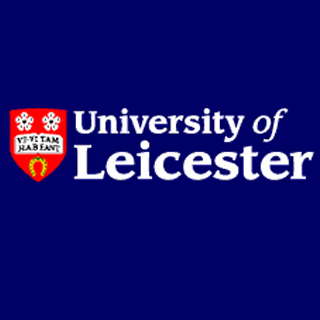
For the purpose of the study, experts examined approximately 100 healthy volunteers who were between the ages 18 to 50years. Also, non-adjuvanted formulations appear to have not been evaluated in this part of the study however they would be calculated in a while reveal the experts associated with the study.
Dr Iain Stephenson, who led the study at the Leicester Royal Infirmary, stated that, “The clinical trial of Novartis MF59-adjuvanted cell-based A (H1N1) vaccine indicates that the ‘swine flu’ vaccine elicits a strong immune response and is well-tolerated.â€
Dr Stephenson further said, “Results showed that the serum antibody responses were highest among subjects who received two doses of vaccine, however a single vaccine dose also induced responses associated with protection against influenza.
Experts evaluated the tolerability and immunogenicity of the vaccine and were noted to investigate different timetables of vaccination, in terms of time between vaccinations. Apparently, the vaccine schedule was one or two doses of 7.5μg MF-59 adjuvanted surface. The antigen A/California/2009 vaccine was known to have been derived from cell-culture.
“The aim of the trial was to find out how many doses and what type of vaccine is needed to give protection. These initial results should help to plan vaccination campaigns in the autumn, including doses and timings. We concluded that the MF59-adjuvanted A (H1N1) vaccine of low antigen content was well tolerated and generated antibody responses associated with protection against influenza, even after a single dose,†says Dr. Stephenson, a clinical senior professor from the Department of Infection, Immunity and Inflammation at the University of Leicester and a consultant in infectious diseases at the University Hospitals of Leicester NHS Trust.
Previous analysis was believed to have indicated that two doses of the vaccine would be required against swine flu. However, Dr Stephenson claimed that the results suggest that one vaccine dose may perhaps be adequate in order to protect against the swine flu instead of two doses. Better tests are already known to be happening across the world.
On the other hand, timings on when the vaccine will be obtainable to the government could possibly depend on the results of these clinical trials and approvals by regulatory authorities.
“The findings showed that it is possible to induce protective antibody against A (H1N1) infection within two weeks of administration of a single low-dose adjuvanted vaccine,†continues Dr Stephenson.
The findings revealed that the vaccine seems to be well endured with pain at the injection site which is the most frequent unpleasant experience.
Further essential tests with both cell culture and traditional egg based vaccines under way around the world could perhaps include more than 6000 adults and children.
